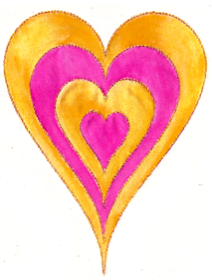
TZ here; If we in any way still find ourselves holding any grudge towards anyone about anything that has happened before then this article can truly help us to see that we hurt ourselves more when we cannot forgive ~ which does not mean we are forgetting or excusing / condoning offences.
“I simply refused any longer to condemn myself to the experience of anger and hatred –
caused because I refused to forgive.”
Greater Good Magazine posted this interesting discussion of what forgiveness is:
“Psychologists generally define forgiveness as a conscious, deliberate decision to release feelings of resentment or vengeance toward a person or group who has harmed you, regardless of whether they actually deserve your forgiveness.
“Just as important as defining what forgiveness is, though, is understanding what forgiveness is not. Experts who study or teach forgiveness make clear that when you forgive, you do not gloss over or deny the seriousness of an offense against you. Forgiveness does not mean forgetting, nor does it mean condoning or excusing offenses. Though forgiveness can help repair a damaged relationship, it doesn’t obligate you to reconcile with the person who harmed you, or release them from legal accountability.
“Instead, forgiveness brings the forgiver peace of mind and frees him or her from corrosive anger. While there is some debate over whether true forgiveness requires positive feelings toward the offender, experts agree that it at least involves letting go of deeply held negative feelings. In that way, it empowers you to recognize the pain you suffered without letting that pain define you, enabling you to heal and move on with your life.” (1)
I was so struck with this definition because that’s exactly how things were for me in a recent “Aha!” moment about forgiveness.
I saw that the inner penalty for being angry, besides the many outer penalties, was condemning myself to feel angry instead of, say, being open to loving.
I saw that what probably stood between me and the experience of loving was my resentment of the other, whom I was not going to forgive. No way. You bet.
That for me was my first test in Forgiveness 101, the entry-level course in Forgiveness that Kathleen is patiently taking me through.
This so describes what I saw and did: “The conscious, deliberate decision to release feelings of resentment or vengeance toward a person or group who has harmed you.” Why? Because “forgiveness brings the forgiver peace of mind and frees him or her from corrosive anger.”
And, as the writer adds, it was “regardless of whether they actually deserve your forgiveness.” Whether or not they deserved forgiveness was irrelevant. What was relevant was whether or not I wanted to keep subjecting myself to toxic feelings. I don’t breathe in toxic fumes. Why do I tolerate toxic feelings?
“Forgiveness brings the forgiver peace of mind and frees him or her from corrosive anger.” Exactly. When I forgave the other because I no longer wanted to experience anger and hatred, it brought peace of mind. No more toxic anger.
I don’t know why I didn’t see this several decades ago. But, like so much else, I didn’t. Is it the rising vibrations or downloads or DNA switches turned on?
To summarize my first lesson in Forgiveness 101: What motivated me to finally forgive those who I thought had harmed me was not something altruistic or noble. It didn’t turn or depend on whether they deserved forgiveness or not.
I simply refused any longer to condemn myself to the experience of anger and hatred – caused because I refused to forgive.
That doesn’t get me a college degree in Forgiveness but it’s a starting point. A beachhead of understanding has been established. Let’s fan out from here.
Footnotes
(1) “What is Forgiveness?” Greater Good Magazine, at https://greatergood.berkeley.edu/forgiveness/definition
Source:
Disclaimer: We at Prepare for Change (PFC) bring you information that is not offered by the mainstream news, and therefore may seem controversial. The opinions, views, statements, and/or information we present are not necessarily promoted, endorsed, espoused, or agreed to by Prepare for Change, its leadership Council, members, those who work with PFC, or those who read its content. However, they are hopefully provocative. Please use discernment! Use logical thinking, your own intuition and your own connection with Source, Spirit and Natural Laws to help you determine what is true and what is not. By sharing information and seeding dialogue, it is our goal to raise consciousness and awareness of higher truths to free us from enslavement of the matrix in this material realm.
Français
 EN
EN FR
FR

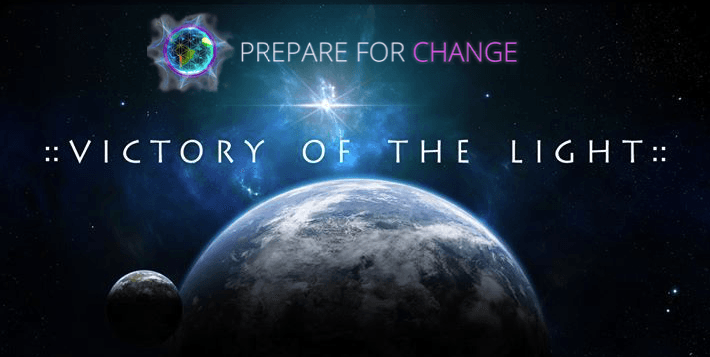

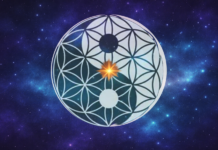





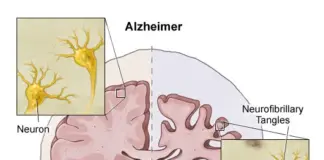
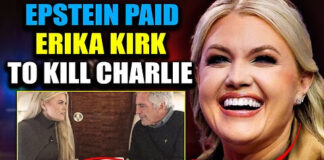
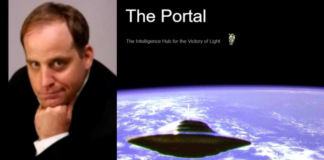

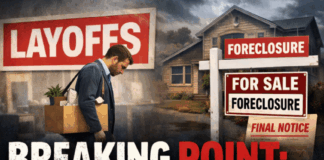













That’s exactly how I see it too. And seeking forgiveness (when appropriate) is not about being forgiven for oneself, but rather wanting to help release the other person from the anger or resentment they feel towards you. You seek forgiveness (when appropriate) for the benefit of the person you harmed.
Thank you for sharing,,, Good to hear from you it has been awhile.
Thank you for your kind words. I have made two posts today one with info on James Gilliland and one reminding us of the universal Galactic Codex rules. I’m in the process of writing a reminder of important info in two of Cobra’s latest updates and the recent Goldfish report which I hope you will like when it’s ready. All is very well! Namaste TZ